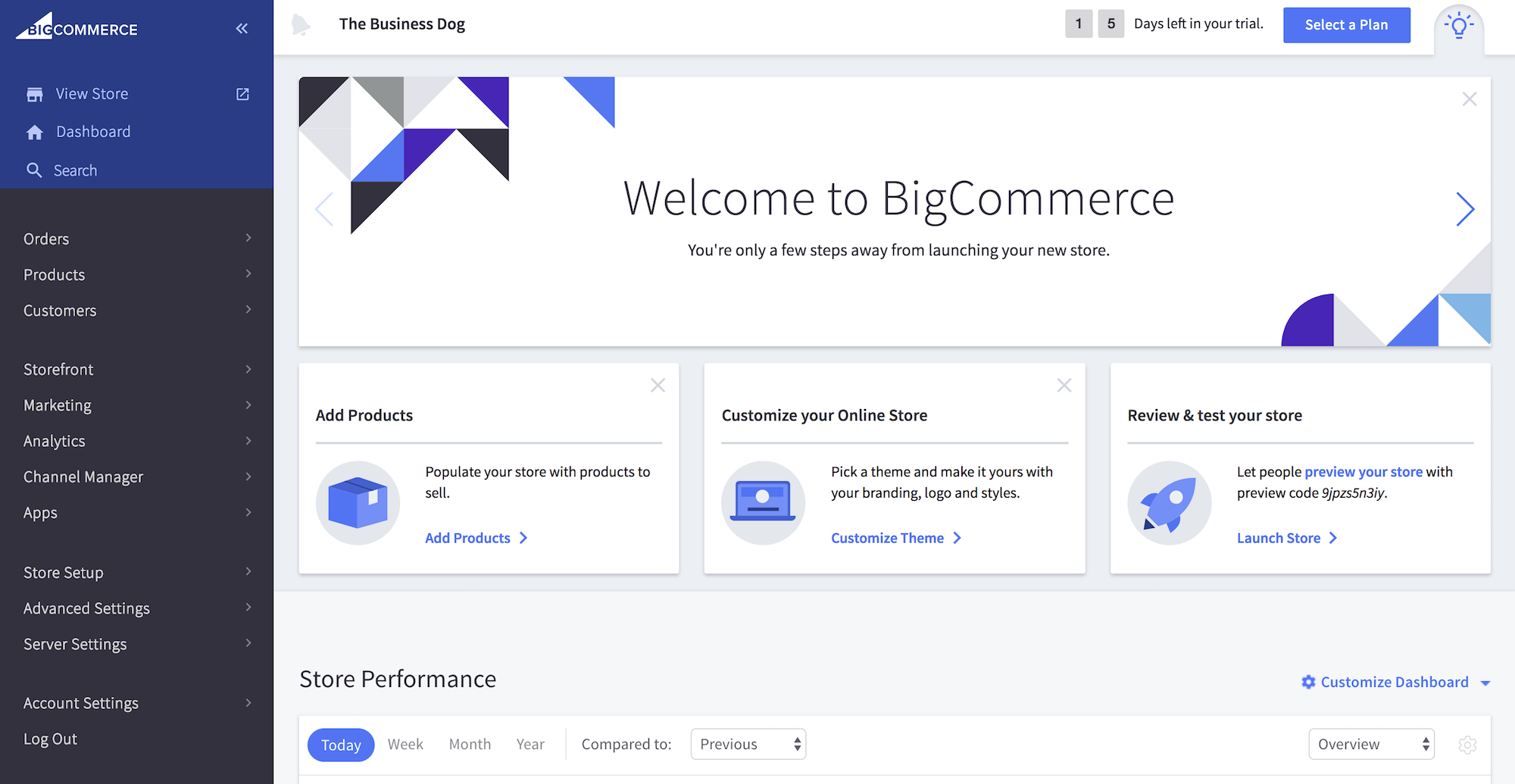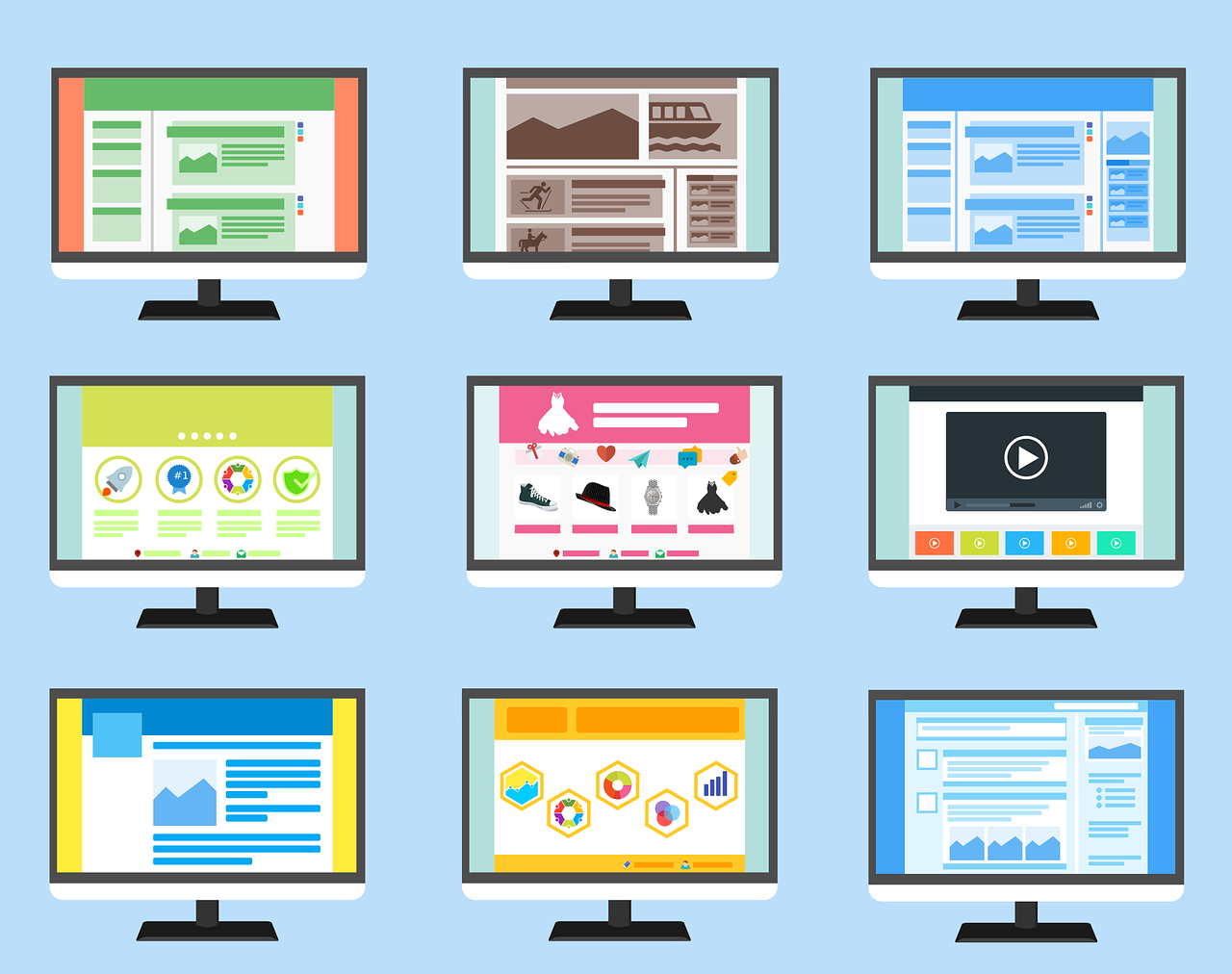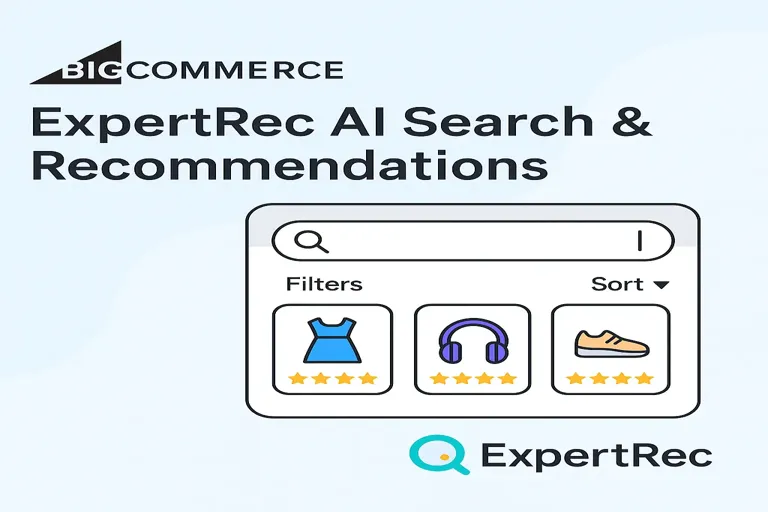If you plan to launch an online store, you will face the challenges of choosing which e-commerce platform is the best fit to power your store. Shopify and BigCommerce are top platforms allowing business owners to build online stores. Both platforms come with many useful features, sophisticated website designs, competitive pricing, and user-friendliness, allowing you to create a profitable e-commerce store.
Knowing there are many quality e-commerce platforms, choosing the one suitable for your business is important. However, most of these platforms are not user-friendly, and sometimes additional assistance may be required from experts to use them fully.
While Shopify and BigCommerce are great in their way, some differences make each platform unique and better fitted for a particular purpose or a particular type of user. The platform you choose to set up online storefronts will greatly influence your productivity.
Overview of Shopify and BigCommerce

Shopify is an e-commerce platform that you can use to set up and grow your online store. It was established in 2006 by Tobias Lutke and Scott Lake. Today, they have become one of the fastest-growing e-commerce frameworks to serve over 1,000,000 online stores around the world. Different businesses use Shopify as a platform to sell products online from their website. You can build your online store from scratch with just a payment of $29 per month. Also, the platform enables a 14-days free trial without the need to provide your credit card details. Shopify offers a wide range of features for everyone from e-commerce beginners to experts, with thousands of plug-ins and add-ons that can be integrated to launch a store.

BigCommerce is an open SaaS platform that allows merchants to sell their products or services. Eddie Machaalani and Mitchell Harper founded it in 2009, and within a short time frame, it claimed to power more than 60,000 online retailers around the globe. BigCommerce is perfect for well-stabilized and fast-thriving businesses. It allows users to sell on numerous marketplaces, like eBay, Facebook, Amazon, Facebook, and Pinterest. BigCommerce offers almost everything you need to start your online business. However, as a beginner in the e-commerce industry with no experience building a site, you may initially experience a few complications. Still, when you sign up, you will be directed to the dashboard, where you can easily begin setting up your website.
Like Shopify, BigCommerce offers a wide range of features and customization options, with impressive design tools to frame creative and interesting store experiences. BigCommerce’s target is to assist merchants in providing appealing store experiences and increasing sales.
Do you have trouble figuring out the best platform for your online business? In this post, we will list the key features that should influence your decision to choose a better platform for your e-commerce business.
Shopify vs. BigCommerce comparison
1. Pricing

When choosing an e-commerce platform, one of the questions users ask is, “How much does the plan cost”? The recurring monthly purchase is an important factor for your budget because it is of no benefit if you can’t afford the cost, no matter how good of a quality the product is. Fortunately, the good news is that Shopify and BigCommerce offer many subscription plans for anyone. It doesn’t matter the budget. Shopify costs range from $29 per month to $299 per month, while BigCommerce costs range from $29.95 per month to $299.95 per month. Also, both provide a free trial without the provision of credit card details and don’t charge users cancellation charges. As seen, there is no major difference, but additional fees like credit card fees and transaction fees matter.
BigCommerce does not charge transaction fees for its service, but it charges credit card fees when the payment is made through a third party. On the other hand, Shopify charges users, depending on the package they choose, between 0.5% and 2%. This means that whenever a sale is made on your store, Shopify will deduct a few percent from your revenue. Shopify also charges credit card fees the same as BigCommerce.
2. Designs and Themes

You never get a second chance to make a first great impression, so it is nice to make your online store look attractive enough to make that first great impression. Shopify is one of the best platforms to use when it comes to web design with more than a hundred themes. These themes are made accessible across several industries. They are professional and easy to install. You can easily find a perfect design or theme for your brand just by searching the industry, navigation style, layout, and much more. However, if you can’t find what you like after searching through the themes, Shopify allows users to create and edit their unique themes to their heart’s content. The cost for Shopify themes is between $140 and $180.
On the contrary, BigCommerce also offers a lot of themes, though they are not as many as Shopify. If you plan to update your themes regularly, themes in BigCommerce may not be a better choice to choose as the themes may look outdated. Themes in BigCommerce are pretty much expensive compared to Shopify as they cost between $150 and $300.
3. Ease of use

Easiness is not only for beginners but for a range of users is crucial. Shopify and BigCommerce offer a content management system with an outstanding dashboard and website editor. Shopify gives you one of the decent interfaces to use. Everything you need for your store is readily available and obtainable.
Adding and updating products or organizing your website with editing tools is easy. You don’t need to be a professional to use these tools, as Shopify has made it easy for anyone to launch their store instantly and keep it moving as there is always an expert by the side instructing you on how to manage your store step by step.
BigCommerce, on the other hand, is not preferred much by beginners due to the technical aspect involved. A simple task like adding or updating a product may require you to learn some terminologies before performing it.
However, BigCommerce offers more functionalities than Shopify, but still, you will have to learn to work creatively with BigCommerce. The technical aspect makes it an enormous platform for beginners, although it enables a higher level of customization. Generally, Shopify scores higher than BigCommerce in terms of usability. Most users find Shopify 21% easier than BigCommerce.
4. Add-ons and Extensions

While both Shopify and BigCommerce offer more than enough out-of-the-box features, which allow you to build a profitable store, you can still add some extensions to extend the functionalities of your store. There are extensions for customer support, SEO, marketing, social media integration, order fulfillment, and much more. Shopify stores comprise over 4,000 personalization apps. With these apps, you can add and enhance any functionality of your choice to your store. Many of these extensions are free, while the premium ones range from $15 to $50 per month.
BigCommerce, on its side, provides the same range of extensions both in free and premium categories. It has over 900 integrations in over 20 categories. Similar to Shopify, BigCommerce allows store owners to extend their site functionalities. However, BigCommerce offers more functionalities out-of-the-box than Shopify. BigCommerce extensions range from $20 to $50 per month.
5. Customer Support

Customer service is vital for any business to be successful. You must have efficient customer service that comes with the right support for your customers if you want to succeed in the eCommerce business.
You will need a reliable customer service team for your store to assist your site visitors throughout the step-by-step processes of searching your site or purchasing from your store.
Both Shopify and BigCommerce offer good tools for customer service, such as phone support, email support, live chat functionality, video tutorials, and FAQ pages. However, Shopify’s help center may not be as large, but it is clearer than BigCommerce. Also, Shopify provides social media support, which is absent in BigCommerce.
Which is best for my online store?

Shopify would be best for your online business if;
- If you are a beginner launching your new online store.
- If you seek more unique themes.
- If you want 100% control over the features of your website.
BigCommerce would be best for your online business if;
- If you have a large index and want better product choices.
- If your business sales are already stable.
- If you want access to some free features without buying different extensions.
Conclusion
Both Shopify and BigCommerce are powerful eCommerce platforms and are great choices. Comparing the two platforms at first seems irrelevant, but once you understand which user each platform targets, the variations start to become obvious and relevant. Whichever platform you choose will solely depend on the specific needs of your business website.




